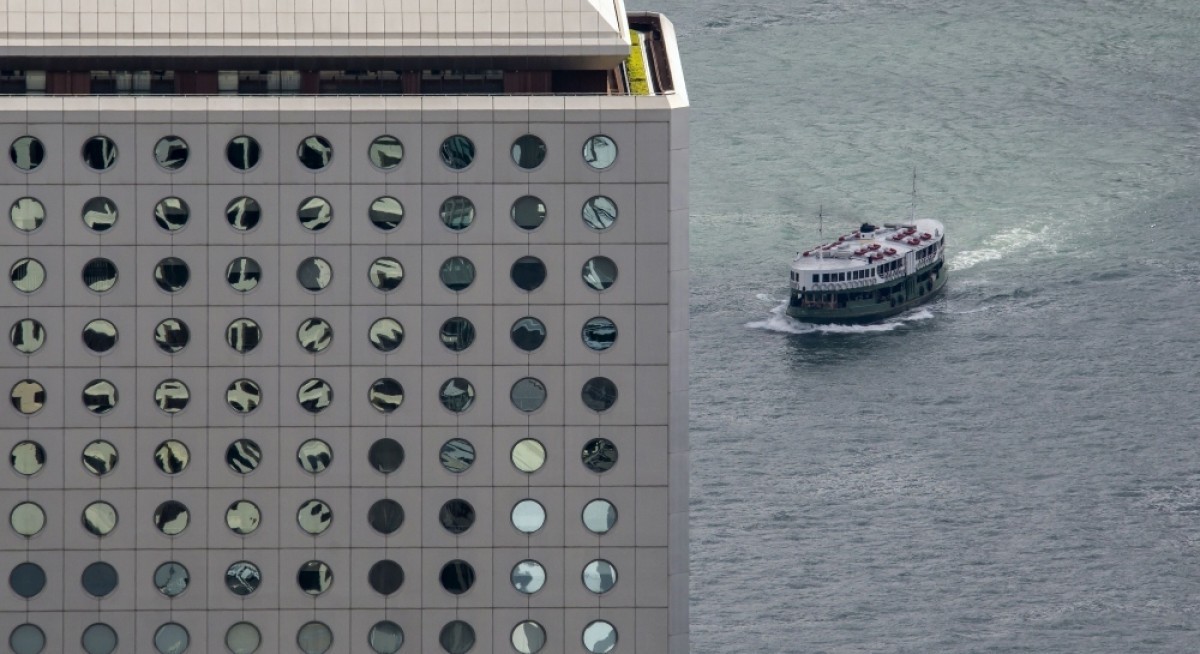In an offer tabled on Oct 17, Jardine Matheson is offering US$3.35 to buy out the remaining 13.46% held by other shareholders, valuing Mandarin Oriental at US$4.2 billion ($5.45 billion). At US$3.35, that’s a 52.3% premium to undisturbed, and a 53.7% premium to the company’s net asset value (NAV) of US$2.18 per share.
The offer was announced on the same day that Mandarin Oriental is selling 13 floors of its newly-developed mixed development One Causeway Bay to Alibaba Group Holding for US$925 million. The offer price of US$3.35 includes US$2.75 per share for the scheme plus 60 US cents per share in dividend from the sale of the space in One Causeway Bay. The offer is at 1.49 times trailing P/B versus the five-year pre-Covid average of 1.66 times, observes Blennerhassett, writing for Smartkarma. Jardine Matheson does not plan to revise the offer.
Besides the office space, the sale includes the building’s rooftop signage and 50 parking spaces. The transaction price works out to US$3,067 per sqm, or 73 US cents per share. The space to be sold is equivalent to 36% of Mandarin Oriental’s tangible fixed assets and investment properties as at June 30.
Since the offer was tabled, Mandarin Oriental shares gained more than a third to close at US$3.26 on Oct 23. Jardine Matheson, meanwhile, is up 50.52% year to date to close at US$62.78 on the same day. According to Bloomberg’s compilation, there are five active calls on Jardine Matheson, all of which are either buy or outperform, with target prices ranging from US$67.50 to US$71.10.
See also: Stress test: Analysts weigh in on Tan Su Shan’s first year as DBS group CEO
To be sure, various other Jardine family stocks, specifically Hongkong Land and Dairy Farm International, and to a smaller extent Jardine Cycle & Carriage, have attracted growing interest from other investors and research coverage, but Mandarin Oriental remains very thinly traded.
The latest move by Jardine Matheson should be viewed in a wider context, not just the privatisation offer alone. As Blennerhassett points out, Jardine Matheson says it is “evolving to align with the changing markets in which our companies operate, and we are transitioning from being an owner-operator of our portfolio assets to being a long-term, engaged investor in our portfolio companies.”
When asked, Jardine Matheson clarifies that it means it is “more active in focusing on capital allocation and portfolio management such that our portfolio is delivering the best return possible.” Blennerhassett is putting it in simpler terms: “Let’s call it deleveraging. And that is what we are seeing.”
See also: ‘Path to breakeven becoming visible’ for MetaOptics
According to Blennerhassett, a big move along these lines might come from Hongkong Land. On its own, Hongkong Land has put in motion an active capital recycling strategy where it will divest some US$10 billion worth of assets by 2035, while stepping up share buybacks to US$200 million and aiming to double its underlying profit before interest and tax, plus dividend payout, by the same period.
Hongkong Land has undertaken a string of divestments. In April, it sold some space at One Exchange Square to tenant Hong Kong Stock Exchange for US$810 million. Last month, it sold MCL Land, its residential developer unit, to Sunway Group for US$579 million.
Hongkong Land had earlier indicated it would wind down its so-called “build to sell” segment as part of this capital recycling move. Blennerhassett points out that as at Dec 31, 2024, net investment in this segment in China was US$5.8 billion, down from US$6.6 billion in FY2023. “There is some chatter Hongkong Land is open to selling the lot in one fell swoop. That would be huge. And a huge move away from China,” says Blennerhassett.
In his Oct 21 note, Jeffrey Kiang of CLSA gave the thumbs up for Jardine Matheson’s continuous progress in driving total shareholders’ returns. “While investors should not be surprised, disposals should still be expected across Hongkong Land, DFI Retail and Mandarin Oriental,” says Kiang, who has an “outperform” call and US$71 price target, adding that capital allocation at Jardine Matheson’s corporate level is focused on debt reduction and raising absolute dividends over time.
Kiang observes that at a 29% discount to its net asset value of US$93.10, Jardine Matheson is trading at a wider discount than the historical average of 28%. “Our positive view on Jardine Matheson is underpinned by a high conviction on Jardine Matheson’s ongoing portfolio cleanup, driving an underlying earnings rebound from the 2024 bottom,” he adds.




